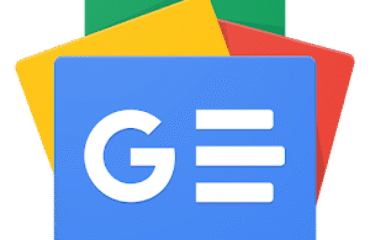
Advertisement
Frequently asked questions
The following FAQs cover the most common questions asked by our library users about printing, scanning, copying and copyright in Newcastle City Libraries. Printing, scanning and copying related activities include the use of library multifunction printers plus the capturing of images from user owned mobile devices e.g. digital cameras & mobile phones. The FAQS are provided as information to Newcastle City Libraries’ users and should not be regarded as legal advice.
Yes – the majority of our libraries & service points have multifunction printers and desktop scanners for you to use.
Printing is possible from all our library public PCs You will need to be a library member to use the library public PCs. Join the library free of charge.
There are charges made for using the multifunction printers and also for printing from library public PCs – please see our library fines and charges.
You may copy from material which is currently in copyright, without seeking the permission of the copyright holder, only if copies are made for the purposes of private study or research for a non-commercial purpose.
Only single copies from originals may be made and should be of no more than a fair and reasonable proportion of the whole work.
Whenever practicable, please ensure that you mark any copies you make with source details, both as an acknowledgement and for future reference.
Yes – limited copies of works can be made on your behalf by library staff, without permission of the copyright holder. Copies can only be made for the purposes of private study or research for a non-commercial purpose. You will be required to complete a copyright declaration form in advance of the making and supply of any copies.
The amount that can be copied by staff on your behalf is restricted to
Whenever practicable, please ensure that you mark any copies made on your behalf with source details, both as an acknowledgement and for future reference.
Library material may be reproduced in an accessible format for a disabled person by library staff if suitable accessible formats are not commercially available. Please ask any member of staff for assistance.
In order to avoid possible damage to fragile or rare items, photocopying of certain categories & types of material may not be permitted. Fragile or rare items include bound volumes where the spine may be damaged through photocopying. The use of users’ own digital cameras and personal scanners by users for copying such material is permitted subject to the terms of the relevant copyright restrictions.
Library staff may copy on your behalf a reasonable proportion of an Ordnance Survey map in copyright under section 42 of the Copyright, Designs & Patents Act 1988 as amended.
Copies can only be made for personal, non-commercial use. Up to 4 identical copies, not exceeding A4 size, of the same map extract may be made from any one Ordnance Survey map. This also includes any Ordnance Survey based mapping produced by commercial publishers. You will be required to complete a copyright declaration form in advance of the making & supply of copies. Please note that copies of Ordnance Survey maps may not be made for planning permission purposes.
If you have reason to believe that your copying is to be used for a direct or indirect commercial purpose, then prior permission from the copyright holder is required or payment of a copyright fee. Please ask any member of staff for assistance.
The deliberate infringement of copyright is a legal offence. It is the responsibility of the person carrying out the copying to stay within the law. Newcastle City Council will accept no liability for infringement of copyright legislation or of the above rules.
Generally, for published material (literary, dramatic, musical and artistic), a work will remain in copyright until 70 years after the death of the author/ creator.
Exceptions to this rule include;
New accordion content
Orphan works are creative works or performances that are subject to copyright for which one or more of the copyright holders is either unknown or cannot be found. For information on how to copy/use an orphan work, please visit the guidance published in GOV.UK.
There are a number of websites offering access to copyright and royalty-free images, sound recordings and videos. Please always check the terms and conditions of the website and/or object before you use anything. Creative Commons (CC) is a non-profit organisation that provides free licences for creators to use when making their work available to the public.
You can search for works licensed under the Creative Commons scheme: Creative Commons Search.
If you have any questions about copyright, please do not hesitate to ask assistance of a member of staff.
Web based information sources on copyright include the following:




